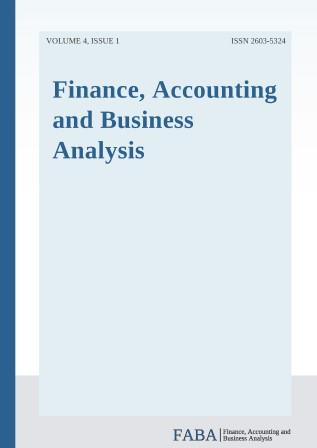The Relationship Between Retirement Perceptions and Savings Behaviour Among Early Adult Workers in Palembang
The Relationship Between Retirement Perceptions and Savings Behaviour Among Early Adult Workers in Palembang
Author(s): Nuzulul Aini, Jaizah Othman, Hafizah Sudin, Sharullizuannizam Salehuddin, Siti Balqis Amran, Noreha Halid, Aimi AnuarSubject(s): Economy, Business Economy / Management, Micro-Economics, Socio-Economic Research
Published by: Институт по публични финанси
Keywords: Retirement Perceptions; Savings behaviour; Early adult worker
Summary/Abstract: Purpose: The purpose of this study is to find out if there is a relationship between retirement perception and saving among early adult workers in Palembang. This study is a research with a quantitative approach. Design/Methodology/Approach: The research design used is correlational quantitative research. Questionnaires were distributed through a Google form completed by 170 workers aged 20-40 years old in Palembang. The data collection method uses a retirement perception scale and a savings behavior scale analyzed using product-moment correlation. SPSS software was used for data analysis. Findings: The results show that there is a relationship with a significant positive correlation between retirement perception and saving behavior among early adult workers in Palembang. The limitation of this study is in determining the age of the subjects, who are early adult workers (20-40 years old), who the research shows tend to have a positive perception of retirement because they are still far from thinking about retirement, so the anxiety they feel is still low, which affects the results of this study. Practical Implications: The implication is that workers should enrich the information about all matters related to retirement so that they are able to better understand all the changes that will occur and prepare everything to realize retirement as expected. Also, they should improve their saving behavior from now on to be financially secure in retirement and not have any problems related to financial changes later on. Originality/Value: This study contributes to the existing literature on the relationship between retirement and savings behaviour. In addition, this is the first time a study of this type has been conducted in Palembang. The researchers are interested in learning more about people's attitudes toward retirement and their saving behaviour, as workers in early adulthood tend to focus more on having fun than saving for the future.
Journal: Finance, Accounting and Business Analysis
- Issue Year: 4/2022
- Issue No: 1
- Page Range: 52-59
- Page Count: 7
- Language: English

